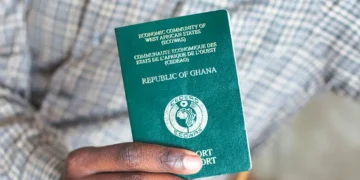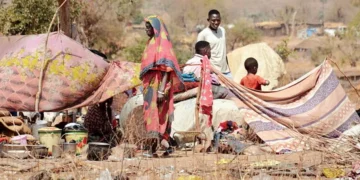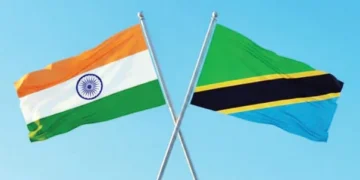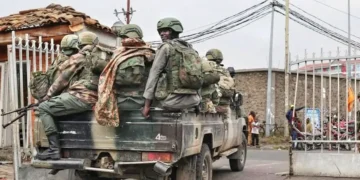Blitz Bureau
NEW DELHI: THE World Health Organisation (WHO) has said that the spread of mpox (monkeypox) in Africa no longer represents a Public Health Emergency of International Concern (PHEIC). WHO’s Emergency Committee has met every three months to evaluate the outbreak of mpox, Xinhua news agency reported.
“Yesterday, they met again and advised me that in their view, the situation no longer represents an international health emergency. I have accepted that advice.” said WHO Director-General Tedros Adhanom Ghebreyesus in the media briefing on September 6.
“This decision is based on sustained declines in cases and deaths in Congo, and in other affected countries, including Burundi, Sierra Leone, and Uganda,” Tedros said.
However, the WHO also said that lifting the emergency declaration does not mean the threat is over, “nor that our response will stop.” The possibility of continued flareups and new outbreaks remains, requiring adequate surveillance and response capacity. Ongoing efforts are needed to protect the most vulnerable groups, particularly young children and people living with HIV. Mpox is a viral zoonotic disease.
Initial symptoms of human infection include fever, headache, muscle aches, back pain, and swollen lymph nodes, which can later develop into widespread rashes on the face and body.
Since May 2022, more than 100 countries and regions worldwide have reported cases of mpox.
The Africa Centres for Disease Control and Prevention (Africa CDC) said the consultative group’s review of the mpox situation indicated there were surges in Ghana, Liberia, Kenya, Zambia and Tanzania, even when weekly confirmed cases declined by 52 per cent.































